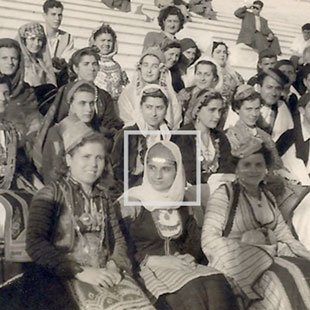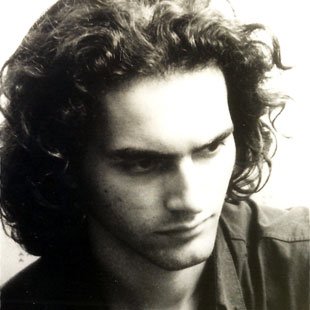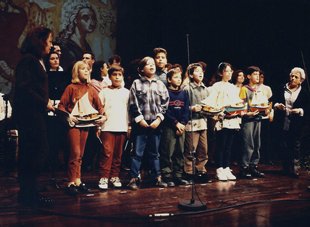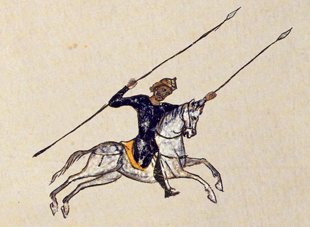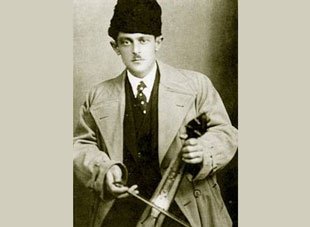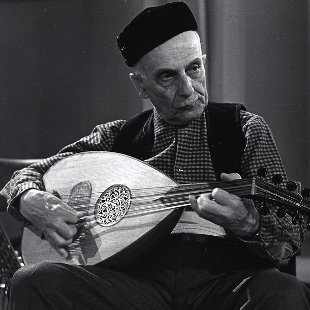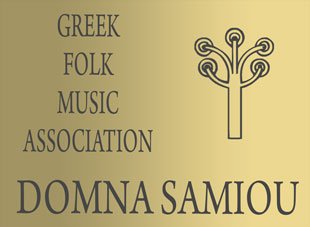You are at: Home page Her Work List of Songs Let My Eyes Go See
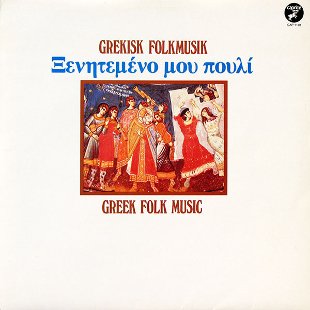
Let My Eyes Go See

Ας πα να δουν τα μάτια μου
Listen
Lyrics
Let my eyes go see for themselves
how my love spends her days,
lest she’s found another and fallen in love
and left me.
Who said that, my dark-haired one,
who said I didn't love you?
If it was the sun, may he never shine,
if it was the star, may it never rise again.
And if you heard it in church,
may I never light another candle.
Translated by Michael Eleftheriou
Original Lyrics
Ας πα να δουν τα μάτια μου
Aς πα να δουν, ας πα να δουν τα μά- τα μάτια μου
ας πα να δουν τα μά- τα μάτια μου
πώς τα περνά η αγά- η αγάπη μου,
μήν’ ηύρ’ αλλού κι αγάπησε
και μένα μ’ απαράτησε.
Ποιος τό ειπε, βρε μελαχρινό,
ποιος τό ειπε πως δε σ’ αγαπώ.
Κι αν τό ειπε ο ήλιος να μη βγει,
τ’ άστρι να μην ξημερωθεί,
[κι αν το 'πανε στην εκκλησιά,
κερί να μην ανάψω πια.]
Information
- Region: Peloponnese
- Type: Processional Tune
- Categories: Love Song, Wedding Song
- Rhythm: 7 beats
- Dance style: Kalamatianos
- Duration: 03:10
Collaborators
- Singer: Domna Samiou
- Clarinet: Petros Athanasopoulos-Kalyvas
- Violin: Stefanos Vartanis
- Lute: Christos Athanassopoulos-Mortakis
Albums
Notes
A love song which expresses lovers' eternal doubts and reassurances. Widespread in the Peloponnese and Central Greece, it is mainly heard at weddings as a patináda, which is to say as a song played in the street to accompany the bride on her way to the church, or as a circle dance with twelve steps to a 7/8 rhythm. The dance is called kalamatianós, after the city of Kalamata in the Peloponnese, where it is believed to originate. Songs and dances on the basis of this 7/8 rhythm were created in every part of Greece, which is why the kalamatianós is considered one of Greece’s national dances and one of the most characteristic examples of Greek folk music.
Probably the earliest recording of this popular song, dating from July 1917 and taken place in Görlitz, Germany, during World War I, featuring prisoners-of-war, has recently come to light.
A wonderful performance by Marika Papagika, recorded a little later in the US, in 1923, is available at youtube.
Miranda Terzopoulou (2018)
See also the song Let my eyes wander far.
Recording information
Studio recording, 1979.

